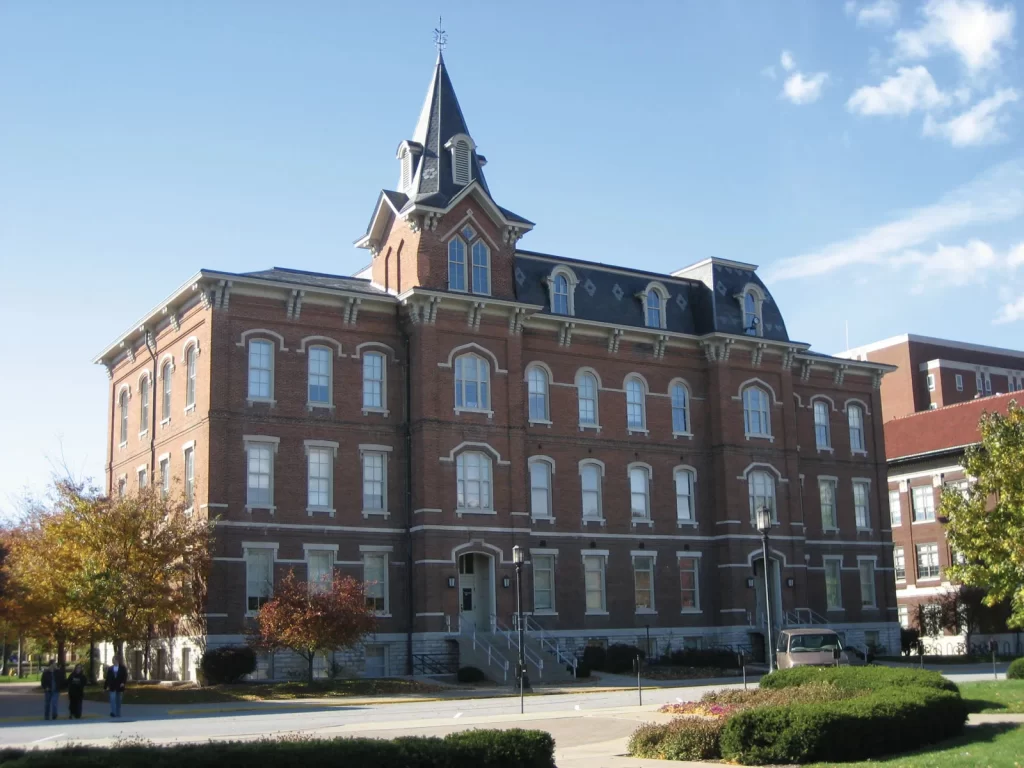March 27, 2025
Somerville, MA — In a development that has sparked widespread concern and debate, Rumeysa Ozturk, a Turkish doctoral student at Tufts University, was detained by U.S. Department of Homeland Security (DHS) agents on Tuesday evening. The incident, captured on video, shows six masked individuals handcuffing Ozturk and confiscating her phone as she was en route to an iftar meal to break her Ramadan fast.
Incident Details
According to witnesses, Ozturk was approached near her residence in Somerville, Massachusetts, by individuals who did not immediately identify themselves as federal agents. The swift nature of the detention, coupled with the agents’ masked appearance, led neighbors and onlookers to describe the scene as alarming and reminiscent of an abduction. Ozturk’s attorney, Mahsa Khanbabai, expressed deep concern over the manner of the arrest, highlighting the lack of immediate explanation provided to her client.
Allegations and Visa Revocation
Federal authorities have stated that Ozturk’s visa was revoked due to alleged activities supporting Hamas, a group designated as a terrorist organization by the U.S. government. Specific details regarding these allegations have not been fully disclosed. This action aligns with a broader pattern by the current administration targeting individuals purportedly involved in pro-Palestinian activism.
University and Community Response
Tufts University has voiced strong opposition to the detention. In an official statement, the institution expressed distress over the incident and emphasized its commitment to supporting Ozturk during this challenging time. The university underscored the importance of upholding the rights of its students, regardless of their nationality or political beliefs.
U.S. Representative Ayanna Pressley also condemned the arrest, citing potential violations of constitutional rights and calling for transparency in the proceedings. Pressley highlighted the need to protect individuals’ freedom of speech and association, especially within academic environments.
Activism and Previous Engagements
Ozturk has been an active participant in campus discussions surrounding Middle Eastern politics. She co-authored an op-ed in The Tufts Daily on March 26, advocating for the university to acknowledge and address issues related to the Palestinian genocide. The piece called for institutional transparency and divestment from companies with direct or indirect ties to the conflict.
Public Demonstrations and Legal Proceedings
Following Ozturk’s detention, demonstrations erupted both on campus and in the broader community. Supporters are demanding her immediate release and criticizing federal policies that they perceive as suppressing free speech and academic freedom. Legal experts and civil rights organizations have raised concerns about the implications of this case for international students and activists nationwide.
Ozturk is currently being held in a detention facility in Louisiana, despite a court order stipulating that she remain within Massachusetts during legal proceedings. Her legal team is actively challenging her detention and seeking her return to the state. Turkish diplomats have also become involved, advocating for her rights and well-being.
Broader Implications
This incident has ignited a national conversation about the balance between national security measures and the protection of civil liberties. Critics argue that the administration’s actions may deter international students from engaging in political discourse and activism, potentially stifling academic freedom. Similar cases have been reported at other institutions, including Columbia University and Brown University, indicating a possible trend of increased scrutiny on student activists involved in Middle Eastern affairs.





